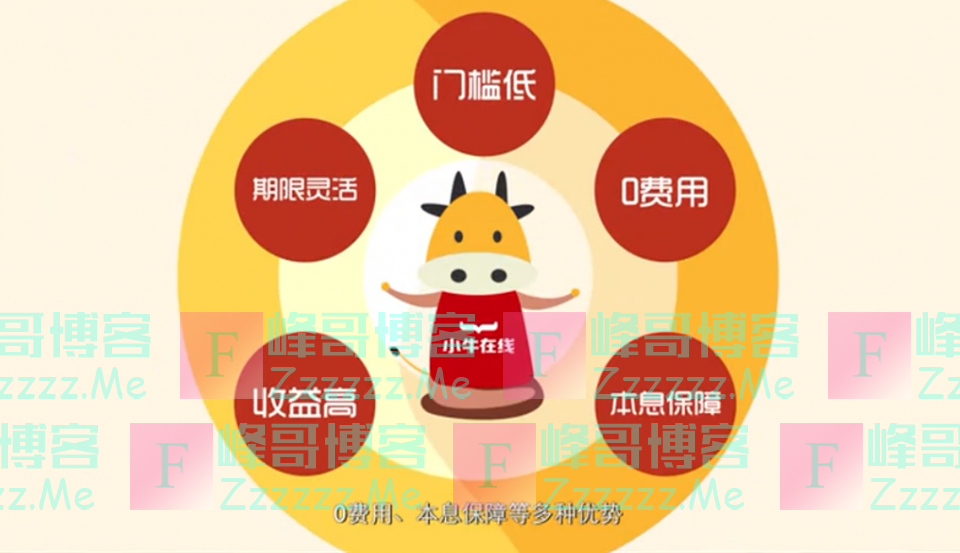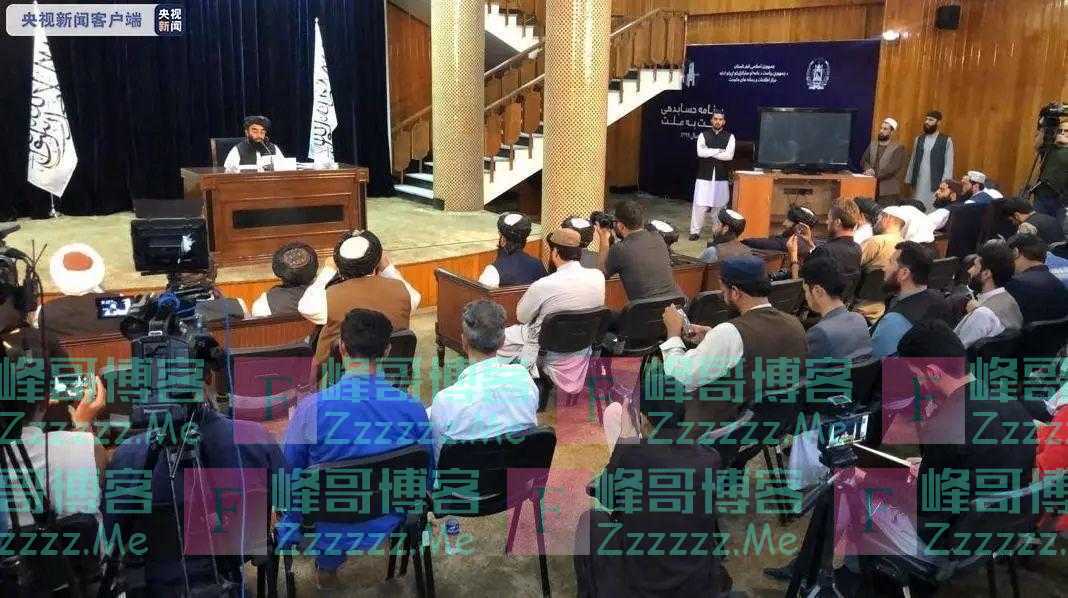前一阵大家一定收到了不少快递包裹(parcels)。和快递一样多的,或许是你多年来囤积在设置里的“收件地址”。想知道你关心谁,不用问塔罗占卜,梳理下你的收件地址就知道了。

[Photo/Pexels]
从后往前,你还能描摹出自己若干年来的行动轨迹。
工作城市的出租屋、公司的办公地、对象的住处、早年读书时的宿舍、实习的位置等等。
不像经过润色的日记,网购所带来的一切:收件地址、购物偏好、收藏囤货、订单记录……都更直观地记录了一个人的若干侧面。
有人感慨:“看双11回顾才发现,收到我快递最多的是前男友。”
每一条俏皮网名的地址背后,都有一段亲人、朋友、或者自己的工作、学习、恋爱的故事。
很多人明明地址满了,系统提示必须要删除一条才能添加新地址时,却仍纠结到底删哪条好。
情感联结是囤地址的一大原因。而且,地址也不是网民们囤的唯一。英文中把这种行为称为digital hoarding。
Digital hoarding (also known as e-hoarding, data hoarding or cyber hoarding) is excessive acquisition and reluctance to delete electronic material no longer valuable to the user.
数字囤积(也称为电子囤积、数据囤积或网络囤积)指的是过度获取以及不愿删除对用户不再有价值的电子材料。
有人不仅不舍得删地址,还不舍得删聊天记录。
Antoinette, 25, said, “I don’t think I could ever delete the WhatsApp chat with my ex-boyfriend. It’s interesting looking back at the start of the relationship so many years ago and who I was then versus now, and I can see how the relationship changed.”
25岁的安托瓦内特说:“我想我永远都无法删除与前男友的WhatsApp聊天。回顾多年前这段关系的开始,我当时如何以及现在如何,很有意思,我可以看到这段关系是如何改变的。”
照片就更不用说了,就连屏幕截图都是盖了时间戳的绝好plog素材(plog:图片博客),哪舍得删啊。
For Lauren, 28, who has 58,000 photos in her camera roll, these feelings are familiar. “My camera roll is largely taken up by throwaway selfies, memories that should be offloaded onto storage devices, memes and screenshots I never get around to deleting,” she tells me. “I’ve been meaning to delete the screenshots but I always get a bit overwhelmed when I go into that folder, so there they remain.”
劳伦今年28岁,她的相机里有58000张照片,(不知道如何删照片的)感觉对她来说很熟悉。她告诉我:“我的相册大部分被自拍废片占据,还有那些应该被转移到存储设备上的回忆,还有我从来没有机会删除的表情包和截图。我一直想删除屏幕截图,但当我打开文件夹,我就蒙了,所以照片就还在那。”

[Photo/Pexels]
有调查显示,美国人囤桌面图标、网页标签、不再用的文件和软件、网页书签、看过的电影文件等等,数字惊人。
一项研究显示美国人平均拥有:
83 bookmarks 83个书签
7 open tabs in their browser浏览器里有7个打开的网页标签
15 unread emails 15封未读邮件
13 unused phone apps 13个闲置的手机软件
2 unused or broken cell phones 2个闲置或者坏了的手机
20 desktop icons 20个桌面图标
209 GB of cloud storage 209GB的云存储
Digital files, folders, music, movies, computer programs, and even the “friends” we keep on social media are also forms of digital clutter.
电子文件、文件夹、音乐、电影、电脑软件、甚至那些社交媒体上的“朋友”都是各式各样的电子囤积堆。
学生们不舍得/不知道如何整理或删除的东西可能就更多了——比如上课拍的投影ppt照片,删也不是不删也不是。
Both undergraduates and graduates expressed feeling overwhelmed with the sheer volume of technological detritus: lecture notes, PowerPoint slides, PDFs of research, snapshots of classroom whiteboards — not to mention their own ever-swelling Facebook friends they didn’t know but were afraid of unfriending.
本科生和研究生们都表示,他们对大量的电子碎片感到不知所措:课堂讲义、ppt、论文pdf、上课拍的板书——更不用说他们自己不断膨胀的Facebook好友数量了,即便不认识也不敢删。
手机上的app越来越多,但每次整理都得下好一番决心,每一个app似乎都值得思虑再三——文件扫描软件需要吗?一年也没扫描过几个文件。这位网友的体会或许很多人有同感:
My first home screen is filled with apps I use every day – Facebook, Spotify, Twitter, Outlook, Weather, etc. My second home screen has apps that I don't use quite as much, but still want within easy reach -- billing apps, shopping, and smart home apps.
我的第一个主屏幕上布满了我每天都在使用的应用程序——脸书、Spotify、推特、Outlook、天气等。我的第二个主屏幕上有一些应用程序,我用的不多,但还是希望能随手取用——账单软件、购物软件、和智能家居软件。
My third home screen is where things get chaotic and out of control, just a mess of games, work and business-related apps, and a ton of miscellaneous crap that I keep telling myself I'll need for that one thing on that one day that has never come and probably never will.
我的第三个主屏幕就开始混乱失控了,有一堆游戏、工作和与商务相关的软件,另外还有一大堆杂七杂八的软件。我一直跟自己说,一定有一天我会用到这个特定的软件,但是这天从未到来,或者再也不会到来。
有研究把“赛博囤积者”们分成了四种:数据掌控者、数据失控者、无情打工人、emo有情人。
“Collectors” are organized, systematic and in control of their data. “Accidental hoarders” are disorganized, don’t know what they have, and don’t have control over it. The “compliant hoarder” keeps data on behalf of their company. Finally, “anxious hoarders” have strong emotional ties to their data — and are worried about deleting it.
“收集者[数据掌控者]”是有组织、有系统地控制着数据。“意外囤积者[数据失控者]”是无组织的,他们不知道自己拥有什么数据,也无法控制它。“听话的囤积者[无情打工人]”为公司保存数据。最后,“焦虑的囤积者[emo有情人]”与他们的数据有着强烈的情感联系,他们删除数据会很焦虑。
研究指出,不愿删除数据的囤积者大概是把这些东西“拟人化”了——怎么忍心让一个活物在回收站里被清空呢?
People are more resistant when it comes to actually getting rid of their cherished possessions — perhaps because they “anthropomorphize” them, treating inanimate objects as if they had thoughts and feelings.
人们很抗拒处理掉自己珍视的数字财产——也许是因为人们把这些物件“拟人化”了,把无生命的物体当作了有思想和感情的东西来对待。
有些赛博回忆不是你主动囤积的,它们在开头提到的网购场景中不断提醒你:去过哪儿、关心过谁、他们的爱吃爱用物是什么……
这些算法里的生活踪迹实在是嵌入衣食住行,以至于手指滑动间,就可以经历若干次“睹物思人”。
有趣的是,软件常常想要猜出你喜欢买什么,但无心插柳,猜中的却是你满心牵挂的人。
Notes
hoard [hrd] v 贮藏;囤积
sheer [r] adj (用来强调事物的大小、程度、或数量)
miscellaneous [mslenis] adj 混杂的;各种各样的
anthropomorphize [nθrpmfaz] v 拟人;赋予人性
(来源:中国日报双语新闻微信 编辑:陈月华、向静雅、丹妮)
来源:中国日报双语新闻微信
文章如无特别注明均为原创!
作者:
F_Robot,
转载或复制请以
超链接形式 并注明出处 峰哥博客。
原文地址《
手机内存满了还不愿意删除?你可能有“数字囤积”症》发布于2021-11-21
若您发现软件中包含弹窗广告等还请第一时间留言反馈!
小米手机无法安装请到设置->开发者设置->关闭系统优化,安装后再开启系统优化。





